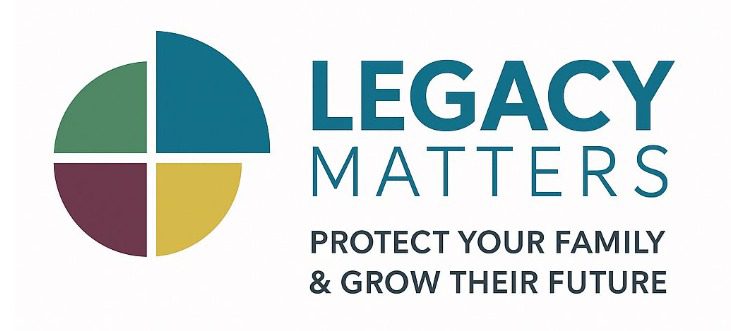For many, having a basic Will is no longer enough to achieve your long-term wishes for your loved ones. This is where trusts can be a great way of arranging your affairs.
Trusts allow your loved ones to benefit from your assets without being the legal owner. You set a level of control over how assets are managed that you wouldn’t have if they were given to a beneficiary direct. This type of arrangement can protect those who might not make good decisions if they inherited large amounts and can be tax efficient.
A Trust can be made up of money or other assets and there are appointed trustees. The trustee manages the trust, on behalf of the ‘beneficiaries’ – those you have set out to receive inherited funds from the trust. Wills have Trusts in them, the most common types used are:
- Will Trust
- Children’s Trust
- Protective Property Trust
- Inheritance Tax Planning Trust
- Disabled Beneficiaries Trust
- Pet Trust
Setting out the right Trust gives you control and protects the inheritance you wish to pass on to your family.

Will Trusts – ensuring an inheritance is protected for the beneficiaries after you die
A couple of generations ago, divorce and remarriage were rare; people retired at 65 and seldom needed long-term care. Only a small percentage of the population owned their own homes or had sufficient wealth to pass on. More of us own our own homes and have more assets than ever before and at the same time families have become increasingly diverse and fragmented. This combination of increased personal assets, with the diverse nature of modern society means that legacy planning should be a vital part of your financial planning toolkit.
Without a trust, passing assets down to our chosen beneficiaries can become tricky. You can use a Will trust to protect family inheritances from potential future relationships, former in-laws, creditors and local authorities who potentially have a claim on your estate.
Children’s Trust – protecting your children’s inheritance against financial immaturity
Setting out a Children’s Trust allows parents to leave assets to children while setting the age at which they can access them. The Trust identifies trustees to control the assets until the set age is reached. Setting up a Children’s Trust is relatively straightforward and gives them access to the trust fund, guided by someone you trust to help them make wise spending decisions.
[Note: a trustee is not the same as a legal guardian – they may be the same person but they can be different depending on what is best for your circumstances. Both should be identified when you plan for their future.]
Putting a Children’s Trust in places also means that they will not have to go through probate. More importantly, it protects your assets from creditors or other third parties who have a claim on your wealth.
Protective Property Trust – allow others to benefit from your property without owning it
A Protective Property Trust can have a big impact on the inheritance you want to pass to your beneficiaries. Setting out a Trust means half of your assets are protected in a trust when one of you passes. This avoids your children potentially being ‘sideways disinherited’ in favour of the newer relationship if your partner remarries
It has the added benefit that the assets in the Trust are not included in care fee calculations.
Inheritance Tax Planning Trust – making your estate tax-efficient
With an Inheritance Tax Planning Trust assets within the Trust are no longer subject to Inheritance Tax after your death.
This does not mean they are tax-exempt. Some trusts are subject to their own inheritance tax regimes. Others attract income and capital gains tax which may be a disadvantage if beneficiaries are higher rates taxpayers.
This is a complex area so it is important to know what type of trust you have and what is best for your circumstances.
Disabled Beneficiaries Trust – protecting vulnerable family members
With a Disabled Beneficiaries Trust puts a trustee in of control in how your assets are used for the benefit of those who are vulnerable, mentally impaired or need financial protection for the rest of their lives. The trustee will give them access to the trust fund without risk from unscrupulous third parties or loss of means-tested benefits.
Pet Trust – making sure your pets are taken care of without placing a burden on others
While this is not commonplace in the UK, it is becoming more popular. You leave a sum of money in your Will to pay for the upkeep and care of pets after you die so they are not a financial burden to their new family. Any money left over would then be given to a named beneficiary or original trustee.


0 Comments